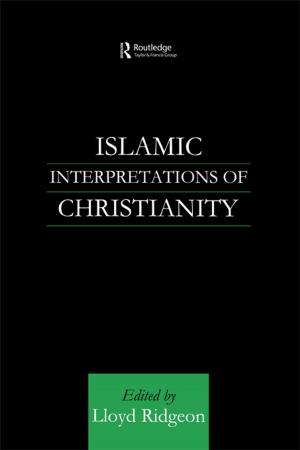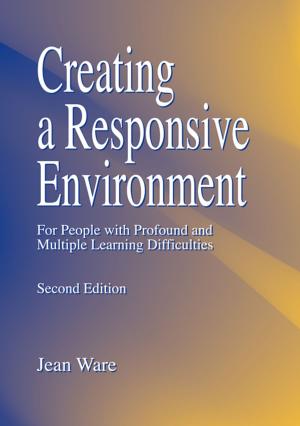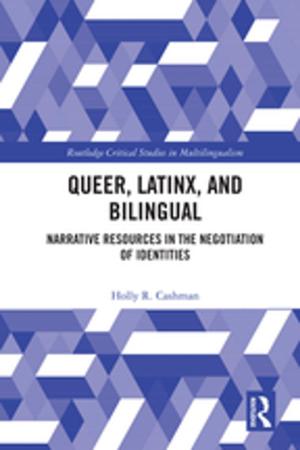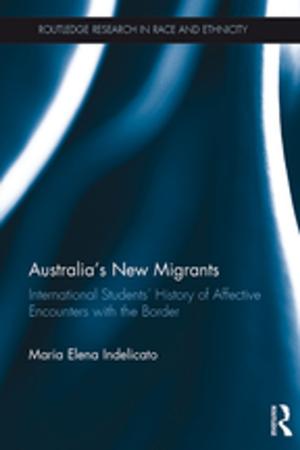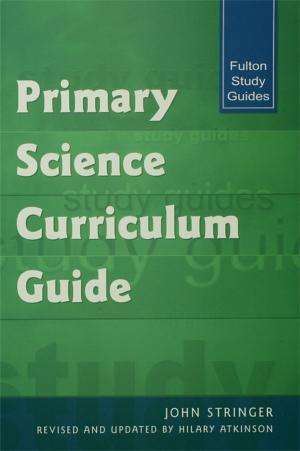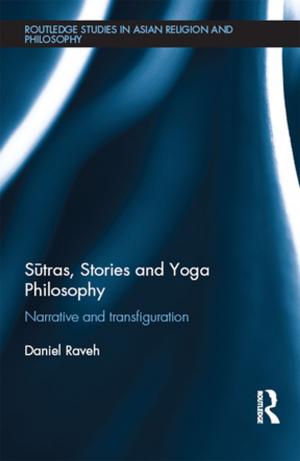Understanding Global Sexualities
New Frontiers
Nonfiction, Social & Cultural Studies, Social Science, Anthropology, Gender Studies, Sociology| Author: | ISBN: | 9781136278129 | |
| Publisher: | Taylor and Francis | Publication: | July 26, 2012 |
| Imprint: | Routledge | Language: | English |
| Author: | |
| ISBN: | 9781136278129 |
| Publisher: | Taylor and Francis |
| Publication: | July 26, 2012 |
| Imprint: | Routledge |
| Language: | English |
Over the course of the past thirty years, there has been an explosion of work on sexuality, both conceptually and methodologically. From a relatively limited, specialist field, the study of sexuality has expanded across a wide range of social sciences. Yet as the field has grown, it has become apparent that a number of leading edge critical issues remain.
This theory-building book explores some of the areas in which there is major and continuing debate, for example, about the relationship between sexuality and gender; about the nature and status of heterosexuality; about hetero- and homo-normativity; about the influence and intersection of class, race, age and other factors in sexual trajectories, identities and lifestyles; and about how best to understand the new forms of sexuality that are emerging in both rich world and developing world contexts.
With contributions from leading and new scholars and activists from across the globe, this book highlights tensions or ‘flash-points’ in contemporary debate, and offers some innovative ways forward in terms of thinking about sexuality – both theoretically and with respect to policy and programme development. An extended essay by Henrietta Moore introduces the volume, and an afterword by Jeffrey Weeks offers pointers for the future.
The contributors bring together a range of experiences and a variety of disciplinary perspectives in engaging with three key themes of sexual subjectivity and global transformations, sexualities in practice, and advancing new thinking on sexuality in policy and programmatic contexts. It is of interest to students, researchers and activists in sexuality, sexual health and gender studies, especially those working from public health, sociological and anthropological perspectives.
Over the course of the past thirty years, there has been an explosion of work on sexuality, both conceptually and methodologically. From a relatively limited, specialist field, the study of sexuality has expanded across a wide range of social sciences. Yet as the field has grown, it has become apparent that a number of leading edge critical issues remain.
This theory-building book explores some of the areas in which there is major and continuing debate, for example, about the relationship between sexuality and gender; about the nature and status of heterosexuality; about hetero- and homo-normativity; about the influence and intersection of class, race, age and other factors in sexual trajectories, identities and lifestyles; and about how best to understand the new forms of sexuality that are emerging in both rich world and developing world contexts.
With contributions from leading and new scholars and activists from across the globe, this book highlights tensions or ‘flash-points’ in contemporary debate, and offers some innovative ways forward in terms of thinking about sexuality – both theoretically and with respect to policy and programme development. An extended essay by Henrietta Moore introduces the volume, and an afterword by Jeffrey Weeks offers pointers for the future.
The contributors bring together a range of experiences and a variety of disciplinary perspectives in engaging with three key themes of sexual subjectivity and global transformations, sexualities in practice, and advancing new thinking on sexuality in policy and programmatic contexts. It is of interest to students, researchers and activists in sexuality, sexual health and gender studies, especially those working from public health, sociological and anthropological perspectives.

